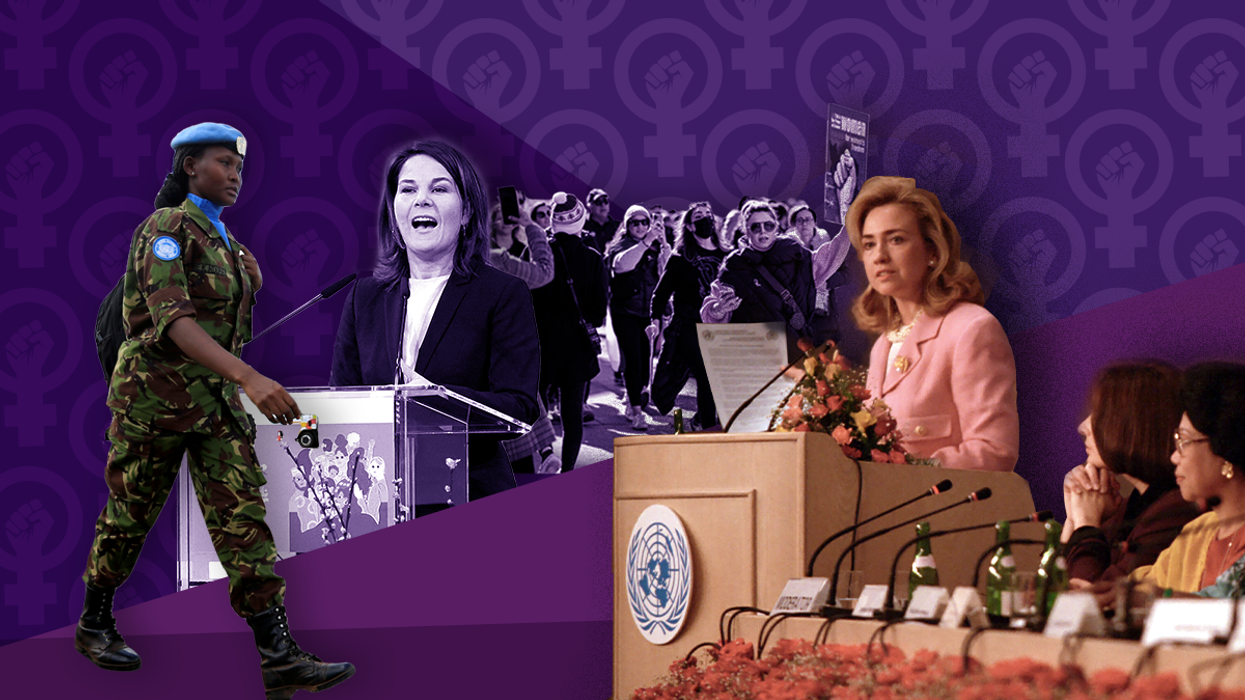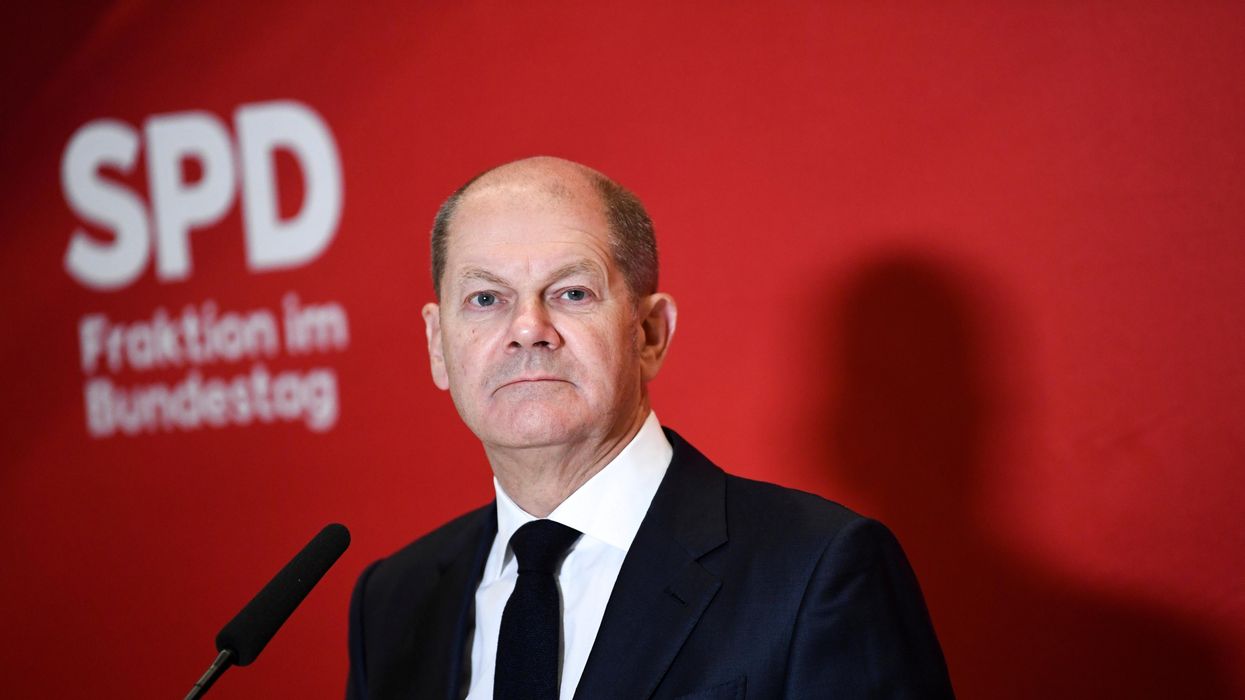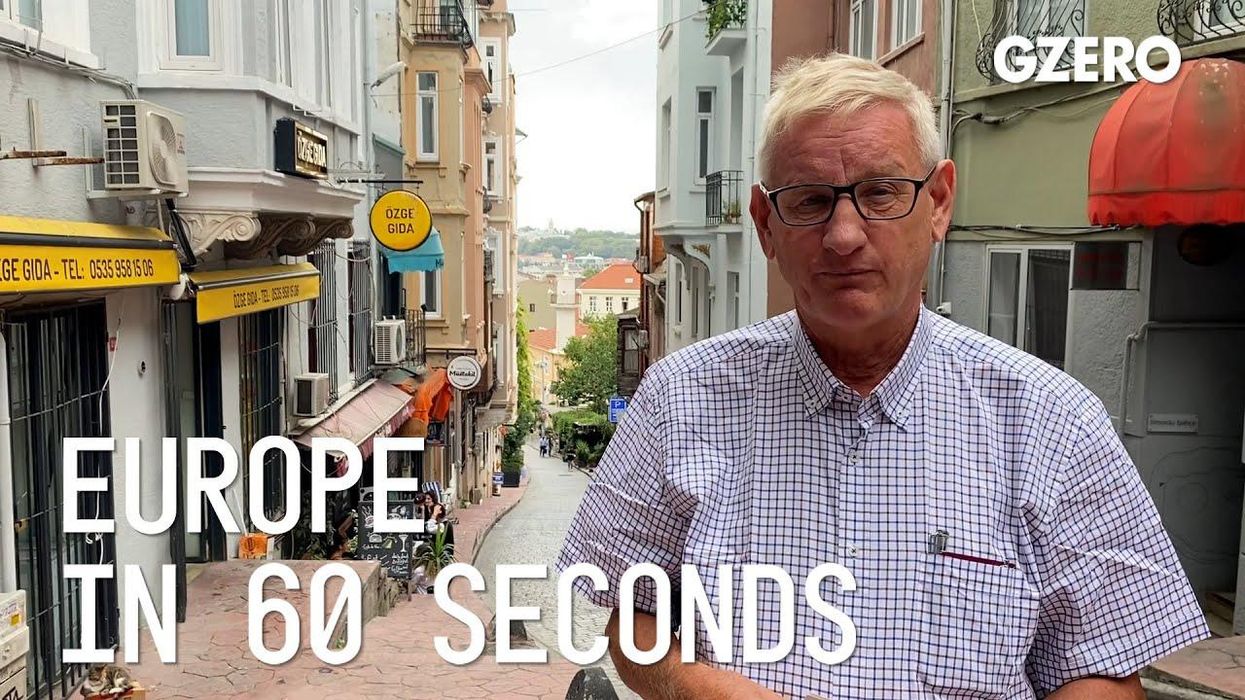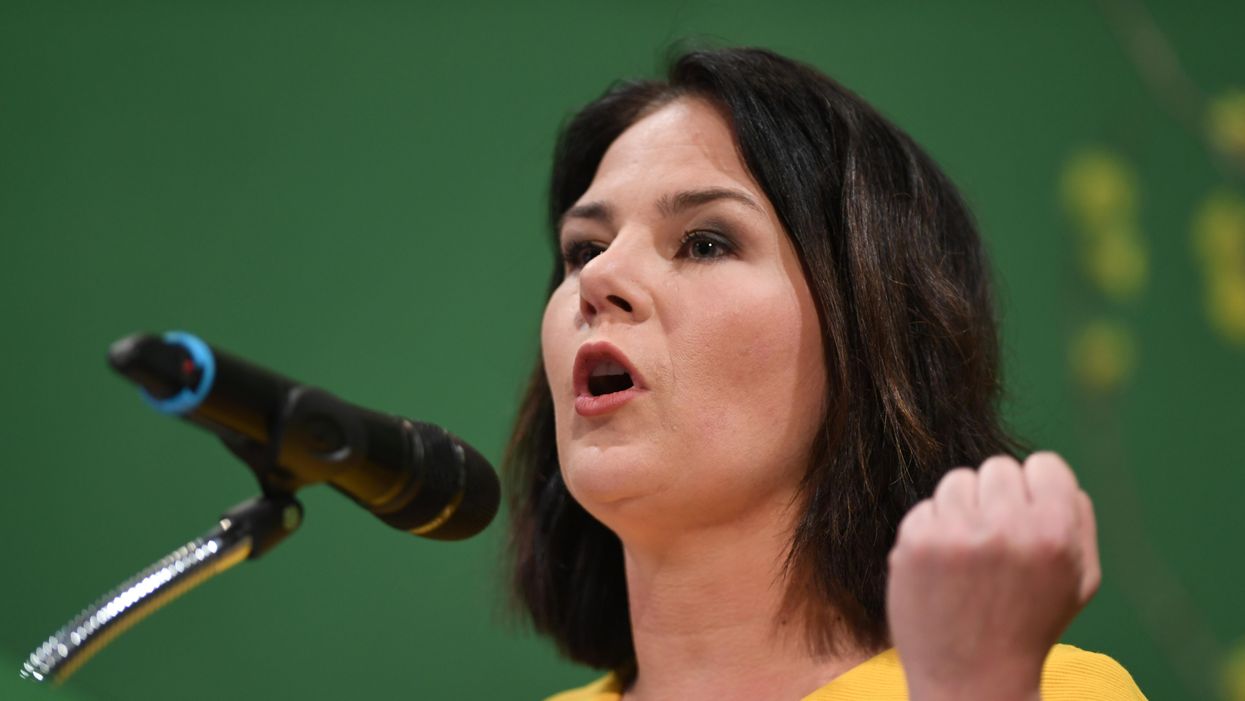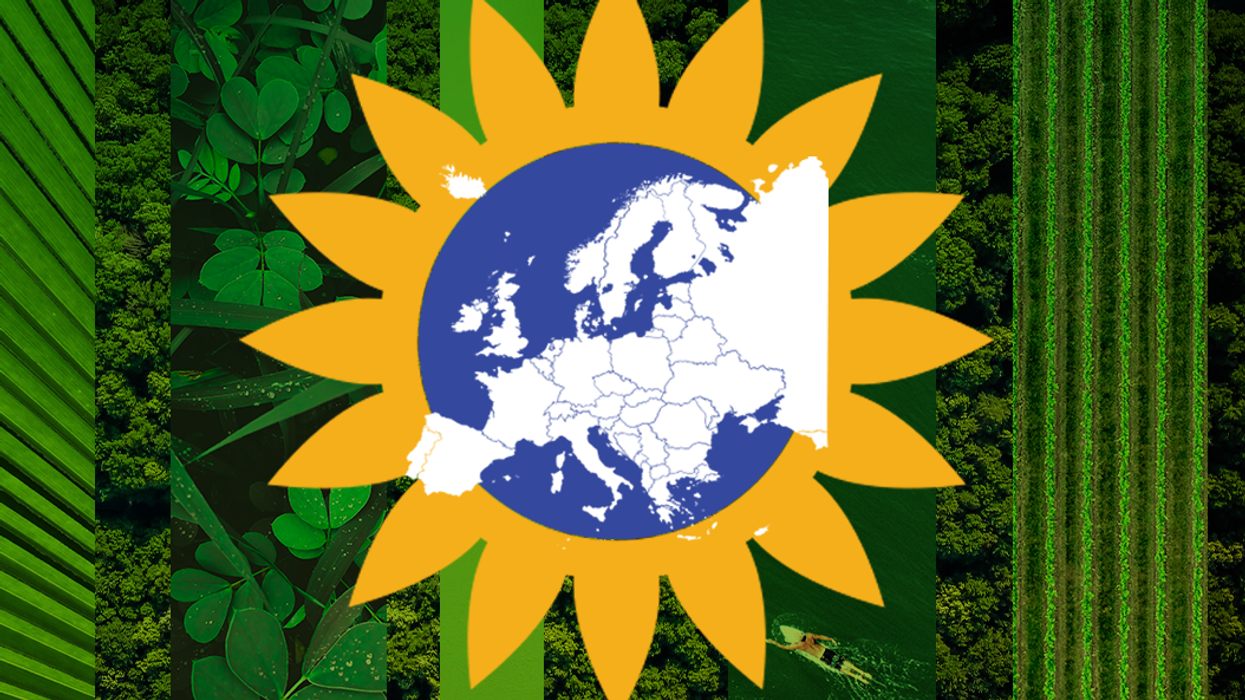News
What is feminist foreign policy?
Alles liebe zum Frauentag! To mark International Women's Day we delve into feminist foreign policy. Which countries have adopted the gender-focused framework that shapes how they interact with other states, and how does the policy play out in practice?
Mar 07, 2023
